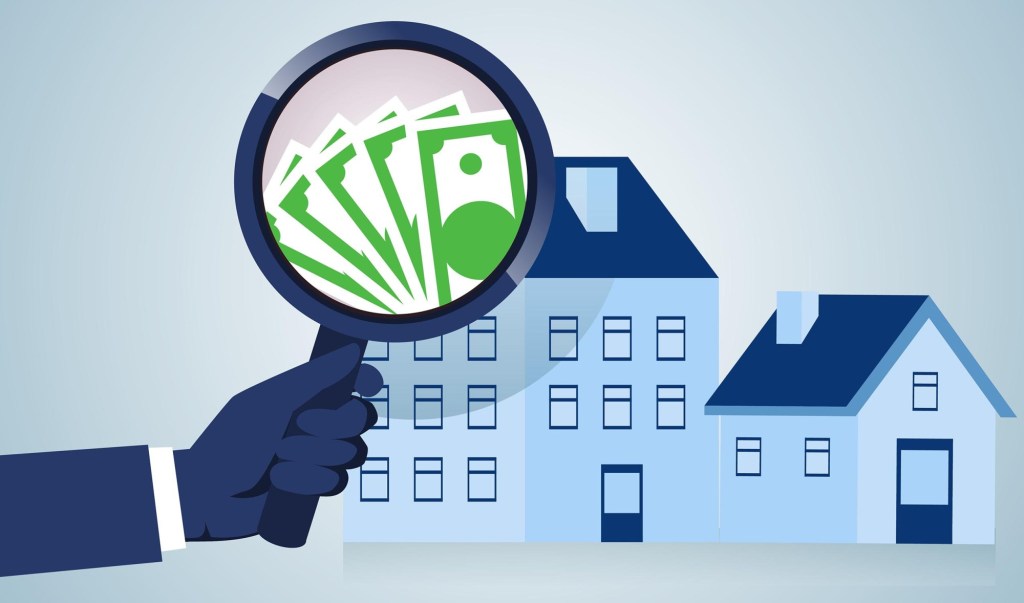
The One Big Beautiful Bill Act or OBBBA brings certain tax benefits if you are a residential property owner or buyer.
Let us count the ways.
First and foremost, the 2017 Tax Cuts and Jobs Act temporarily capped state and local tax deductions or SALT at $10,000. SALT is a federal tax provision that allows taxpayers who itemized their deductions to subtract state income taxes and local property taxes from their adjusted gross income for 2018 through 2025.
Folks in high housing cost states like California, New York and New Jersey were none too happy because in many cases, homeowners could not fully deduct their state income taxes along with their property taxes given the $10,000 cap.
Under OBBBA, the SALT cap temporarily increases to $40,000 per year so long as your annual income does not exceed $500,000. This $40,000 cap grows annually by 1% for inflation until it “snaps back” to $10,000 after five years or through 2029.
CBIZ CPA and managing director Warren Hennagin offers the following example:
Take a $1 million property. At a 1% tax rate that’s $10,000 per year of property taxes. Assume the homeowners earn $200,000 per year at a 10% California income tax rate. That’s $20,000 of state tax. Under the $10,000 SALT cap, the $20,000 state income tax cannot be deducted against federal income tax along with the property taxes because they would add up to $30,000.
Under the new $40,000 cap, you can take the $20,000 of state income tax, multiple that by 30% (assumed federal tax rate) which saves you another $6,000 in addition to the $3,000 property tax deduction.
Private mortgage insurance or PMI is next on the winners list.
OBBBA reinstates and makes permanent the deductibility of private mortgage insurance premiums. This means borrowers can deduct their PMI premiums from their federal income taxes. PMI has not been deductible since 2021.
PMI insurance also includes Federal Housing Agency or FHA mortgage insurance as well as any Department of Veterans Affairs or VA funding fee.
For example, take a $700,000 sales price, assuming a 700 middle FICO score, 22% tax bracket with minimum required down payments and zero down in the case of VA:
I’ll note here that FHA mortgages have both a one-time upfront mortgage insurance premium charge of 1.75% of the base loan amount. In addition, there is a monthly mortgage insurance premium which is 0.55% for most mortgages.
—$15,517 is the total upfront mortgage insurance premium and monthly mortgage insurance for one year on an FHA mortgage; that means an approximate $3,414 tax deduction
—$2,988 is the total PMI for one year on a conventional mortgage, a $657 tax deduction
—$15,050 is the total of the VA funding fee for one year, or a $3,311 tax deduction
The actual PMI tax deductibility will be subject to individual tax bracket income limits (caps), which were not available by press time.
Next is 100% bonus depreciation for certain qualifying properties. It makes permanent full expensing for new capital investments. We’re talking about rental properties.
You will continue to be able to write off repairs in the year they were done. What changes are matters like air conditioning, cabinetry and carpeting. Now, you will be able to write 100% of the cost off in the year the work was done, according to Hennagin. Capital improvements like a room addition will continue to be depreciated 27.5 years for residential and 39 years for commercial properties.
How about mortgage interest deduction? The bill permanently caps eligible mortgage acquisition debt at $750,000, including HELOCs.
Rate and term refinances (no cash-out) are also considered mortgage acquisition debt, according to Hennagin. If you do a cash-out refinance, any cash-out not used for home improvement is not deductible. That would also be true of getting cash-out on for any rental property.
As an aside, the fact that tips up to $25,000 and overtime up to $12,500 are eligible for a tax refund, which should help first-time buyers.
“The tax benefits, particularly overtime and tips, plus the SALT expansion, may give that extra financial boost so important to first-time homebuyers and affordability,” said Brad Seibel, chief investment officer, Sage Home Loans.
Also, I will note that the benefits mentioned in this column will not help borrowers to mortgage qualify, per se, but they might help paychecks by adding more take home pay through savvy deductions at tax time.
The Big Beautiful Bill will add an estimated $4 trillion to the nation’s federal deficit from overall tax cuts and interest costs, according to calculations by the Congressional Budget Office and the Cato Institute. A higher national deficit is often blamed for higher inflation, slower growth and higher interest rates.
Freddie Mac rate news
The 30-year fixed rate averaged 6.72%, 5 basis points higher than last week. The 15-year fixed rate averaged 5.86%, 6 basis points higher than last week.
The Mortgage Bankers Association reported a 9.4% mortgage application increase compared with one week ago.
Bottom line: Assuming a borrower gets the average 30-year fixed rate on a conforming $806,500 loan, last year’s payment was $91 more than this week’s payment of $5,215.
What I see: Locally, well-qualified borrowers can get the following fixed-rate mortgages with one point: A 30-year FHA at 5.75%, a 15-year conventional at 5.375%, a 30-year conventional at 6.25%, a 15-year conventional high balance at 5.75% ($806,501 to $1,209,750 in LA and OC and $806,501 to $1,077,550 in San Diego), a 30-year high balance conventional at 6.5% and a jumbo 30-year-fixed at 6.375%.
Eye-catcher loan program of the week: A 40-year fixed rate mortgage, interest-only for the first 10 years at 6.5% with 1 point cost.
Jeff Lazerson, president of Mortgage Grader, can be reached at 949-322-8640 or jlazerson@mortgagegrader.com.



